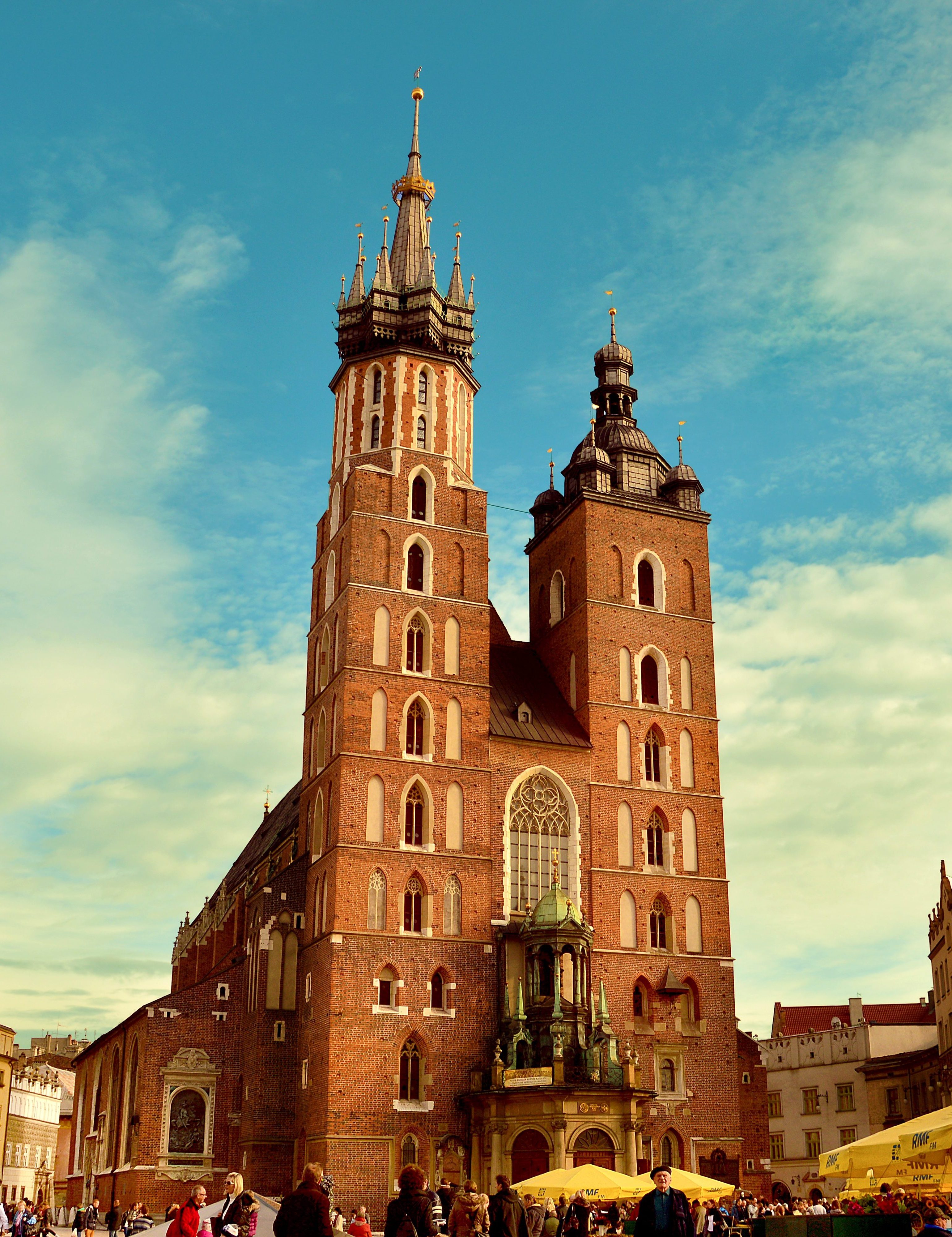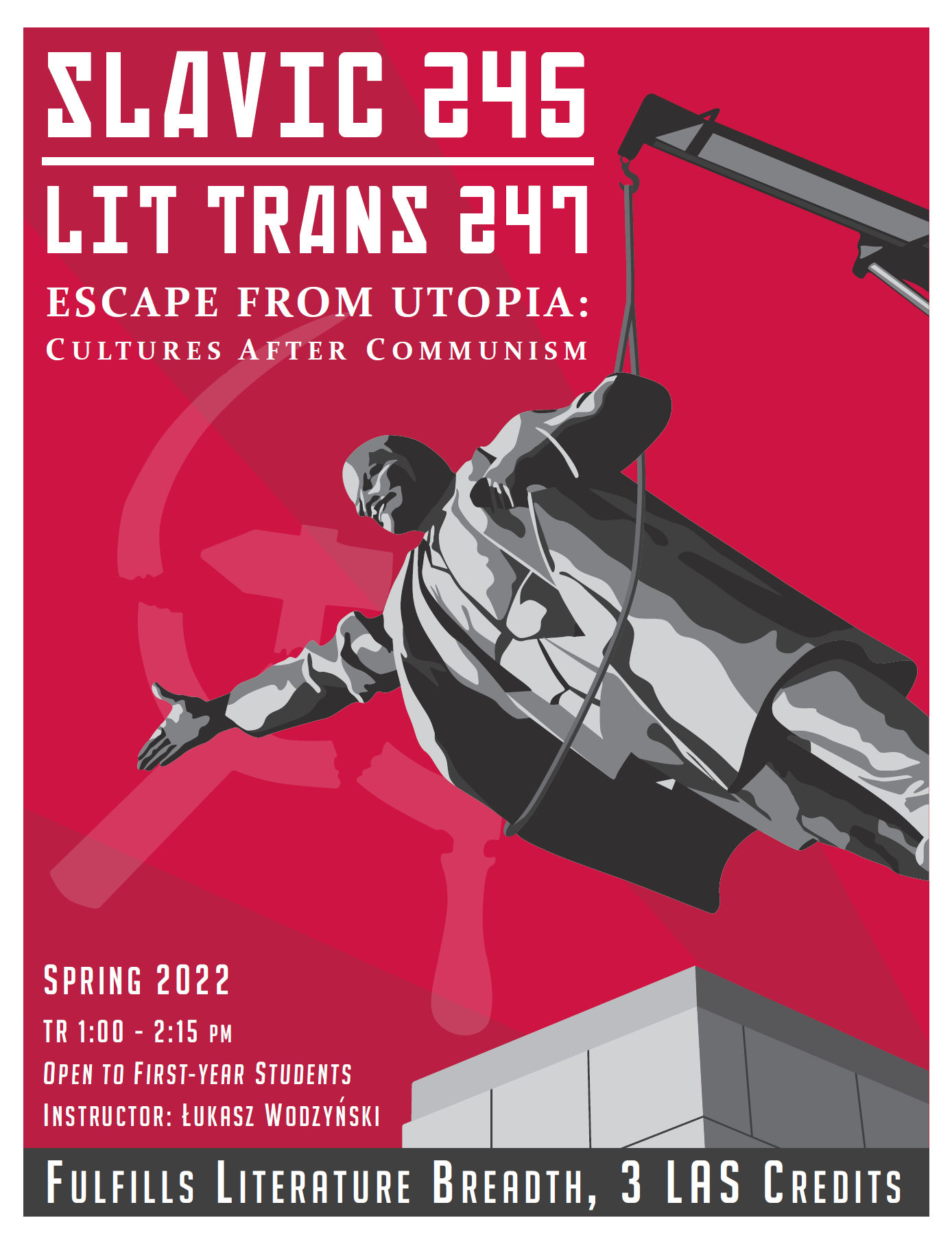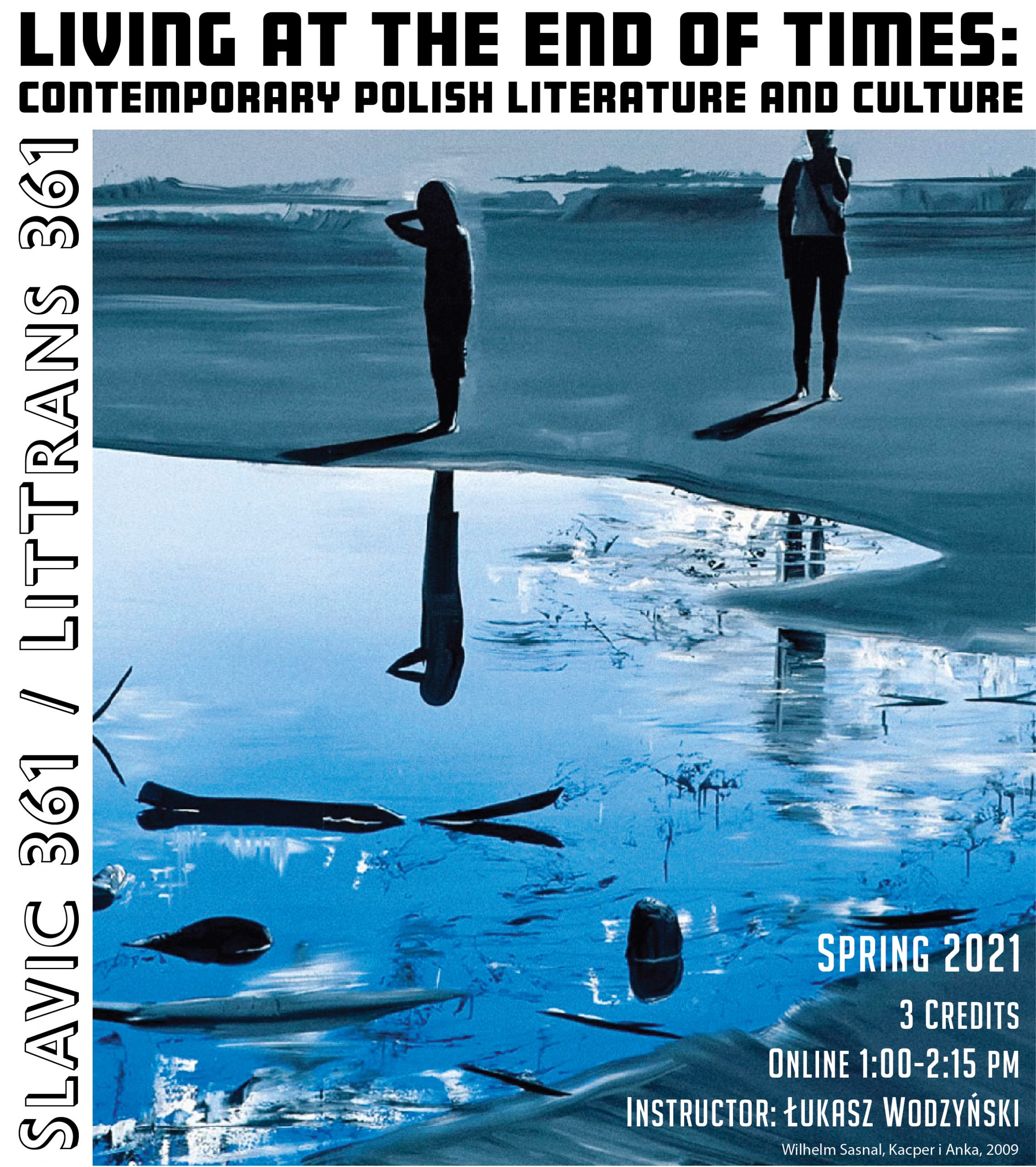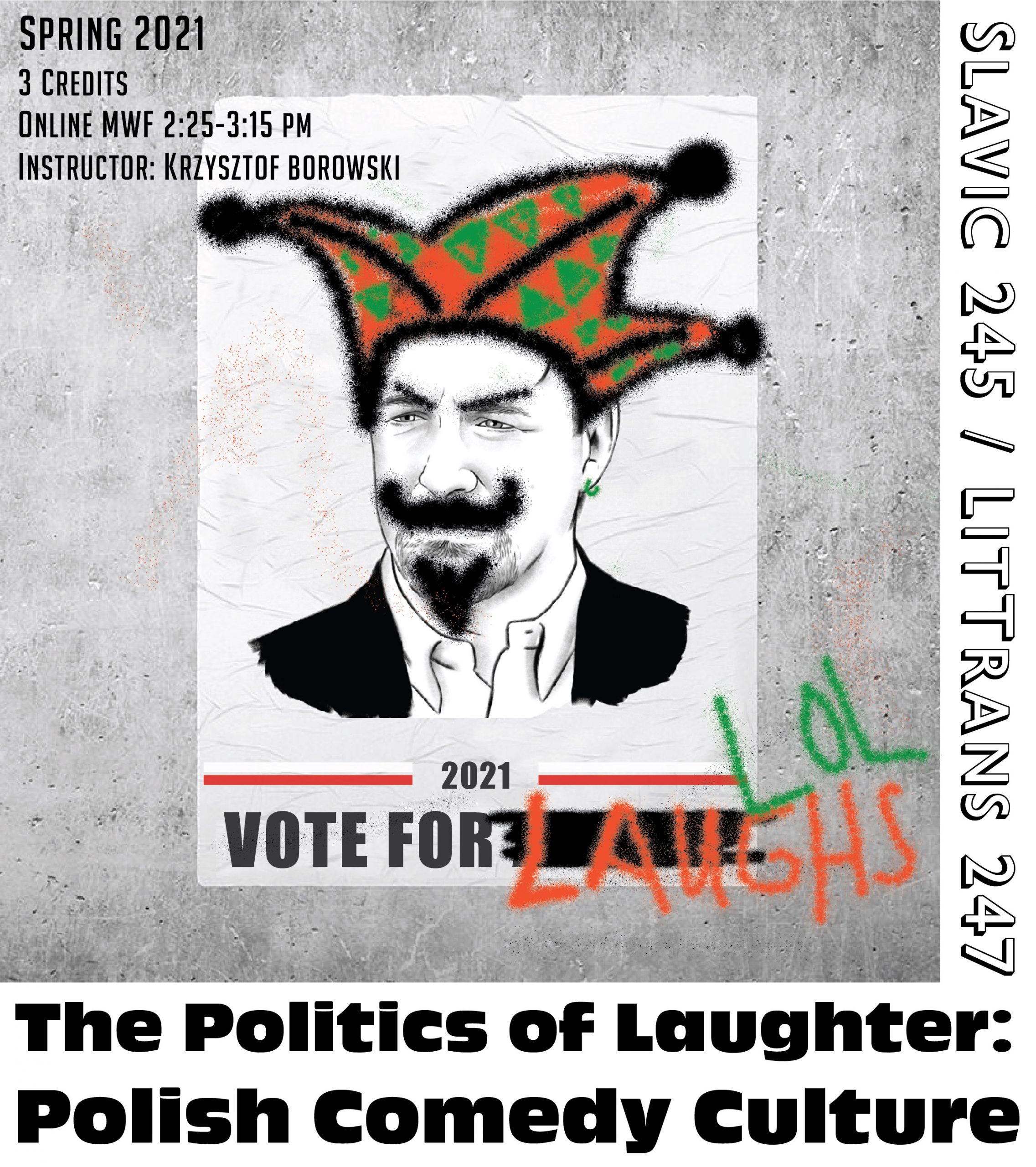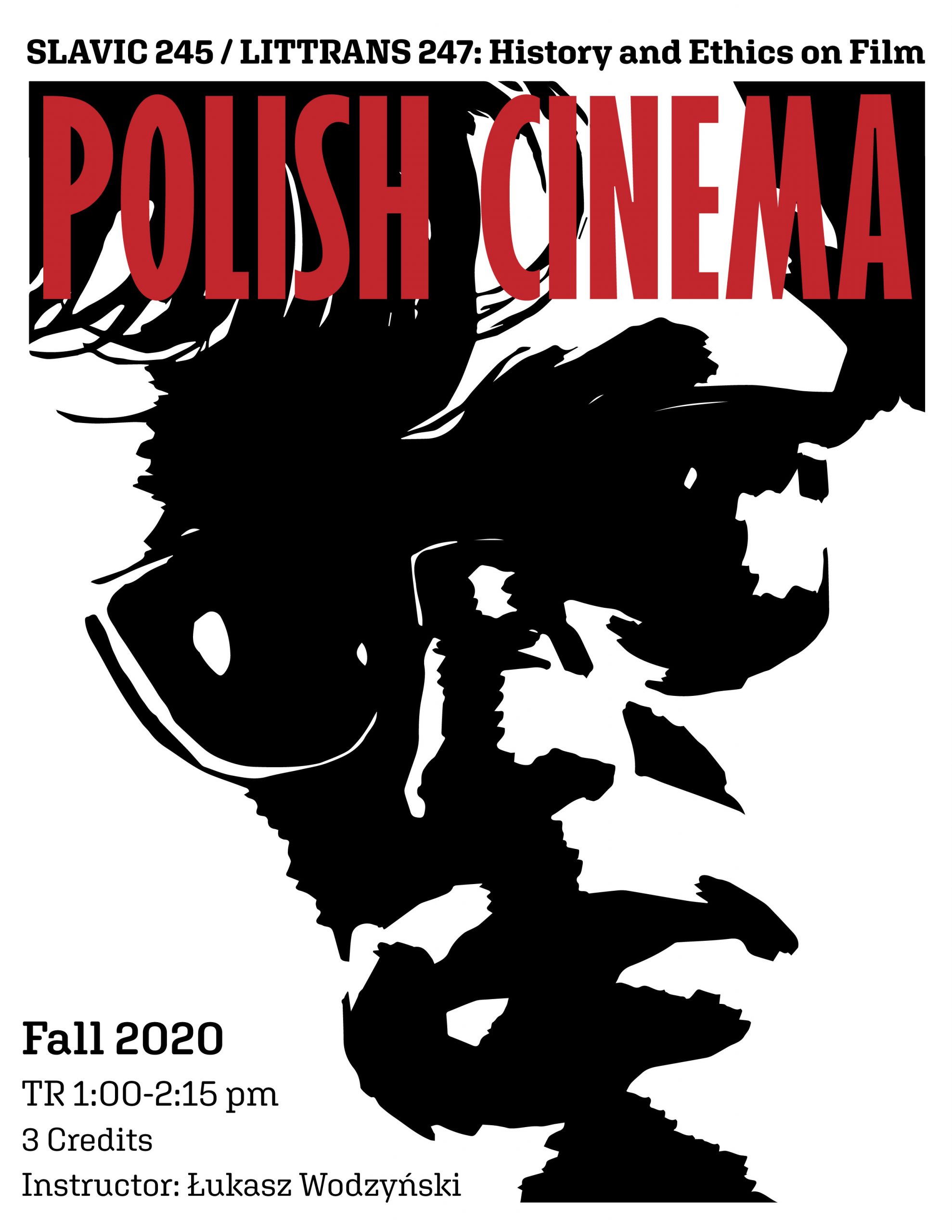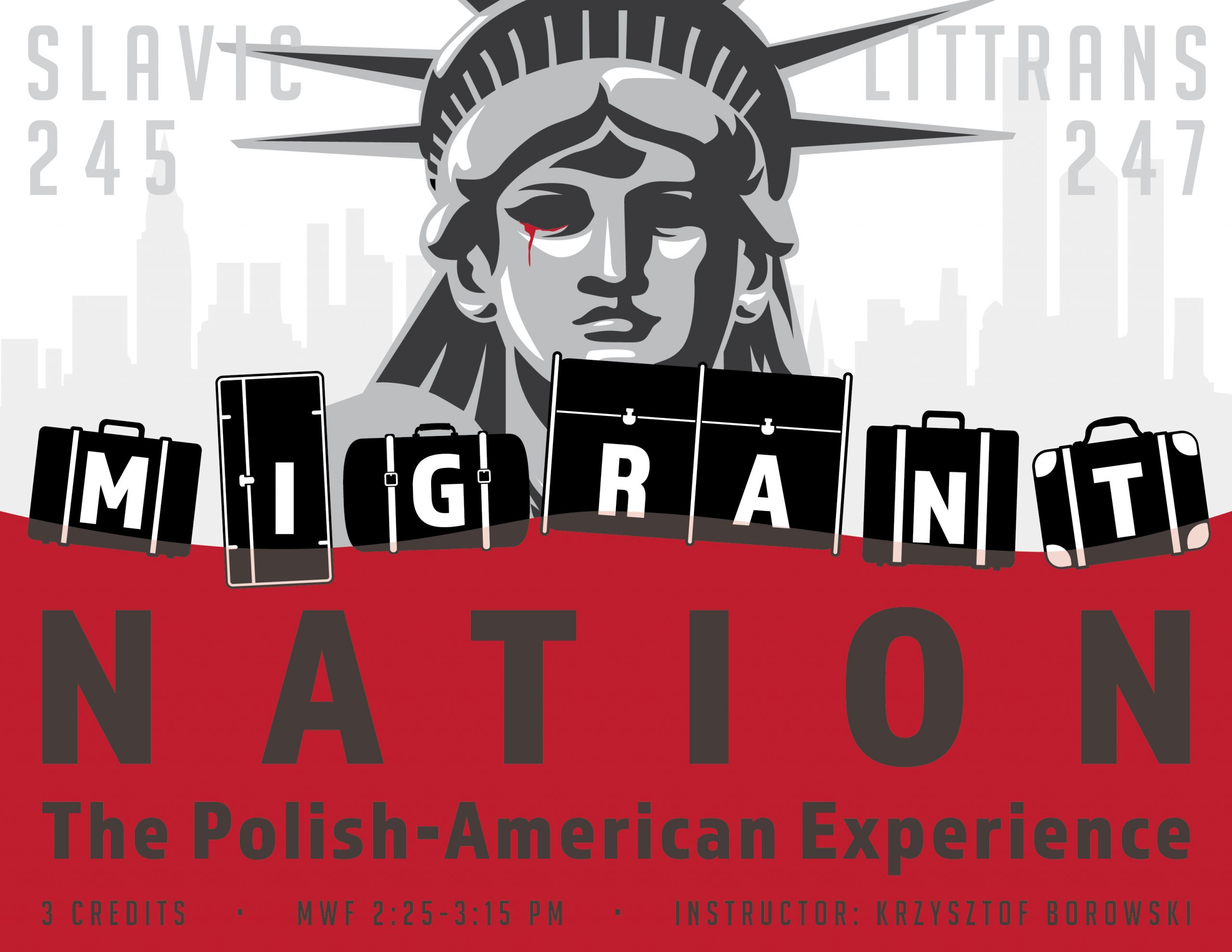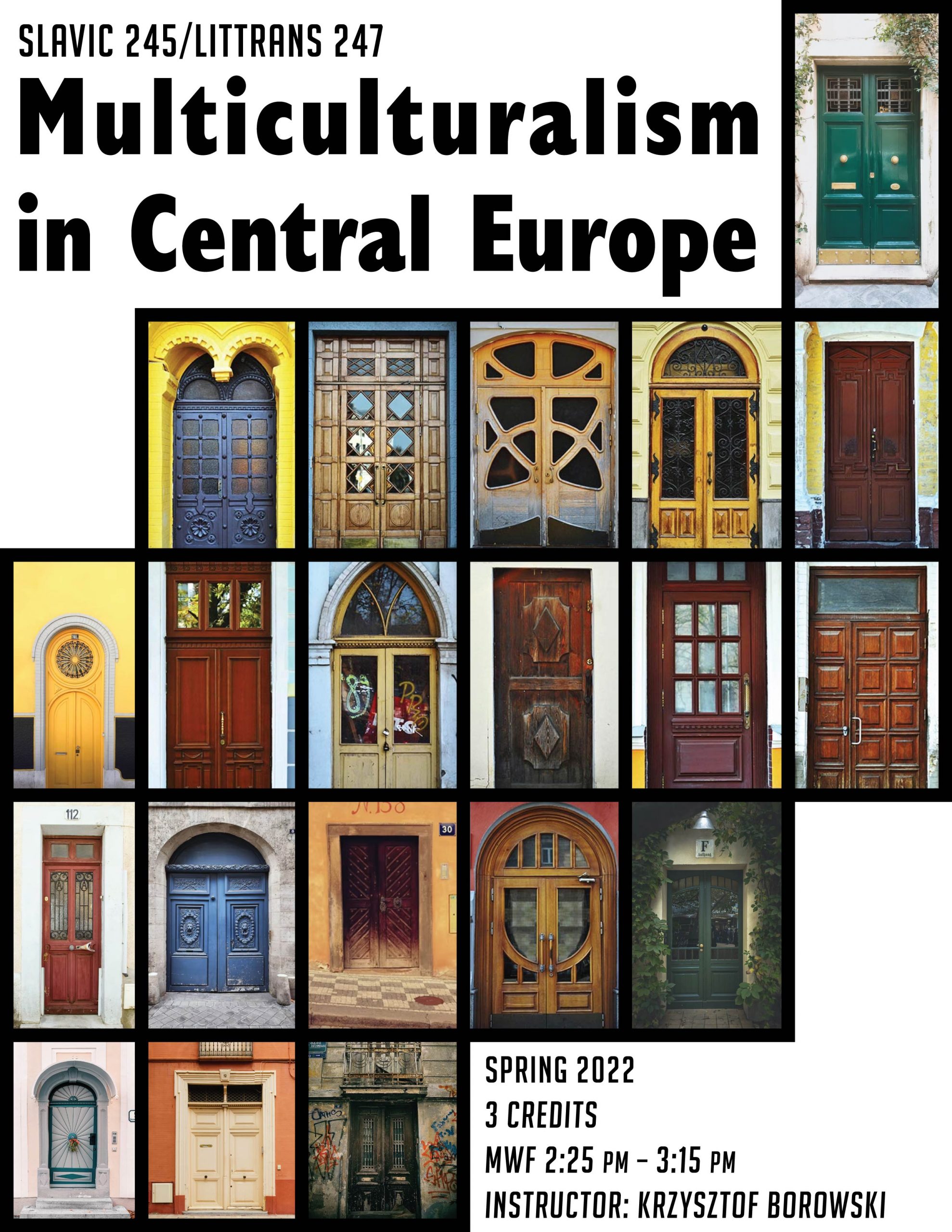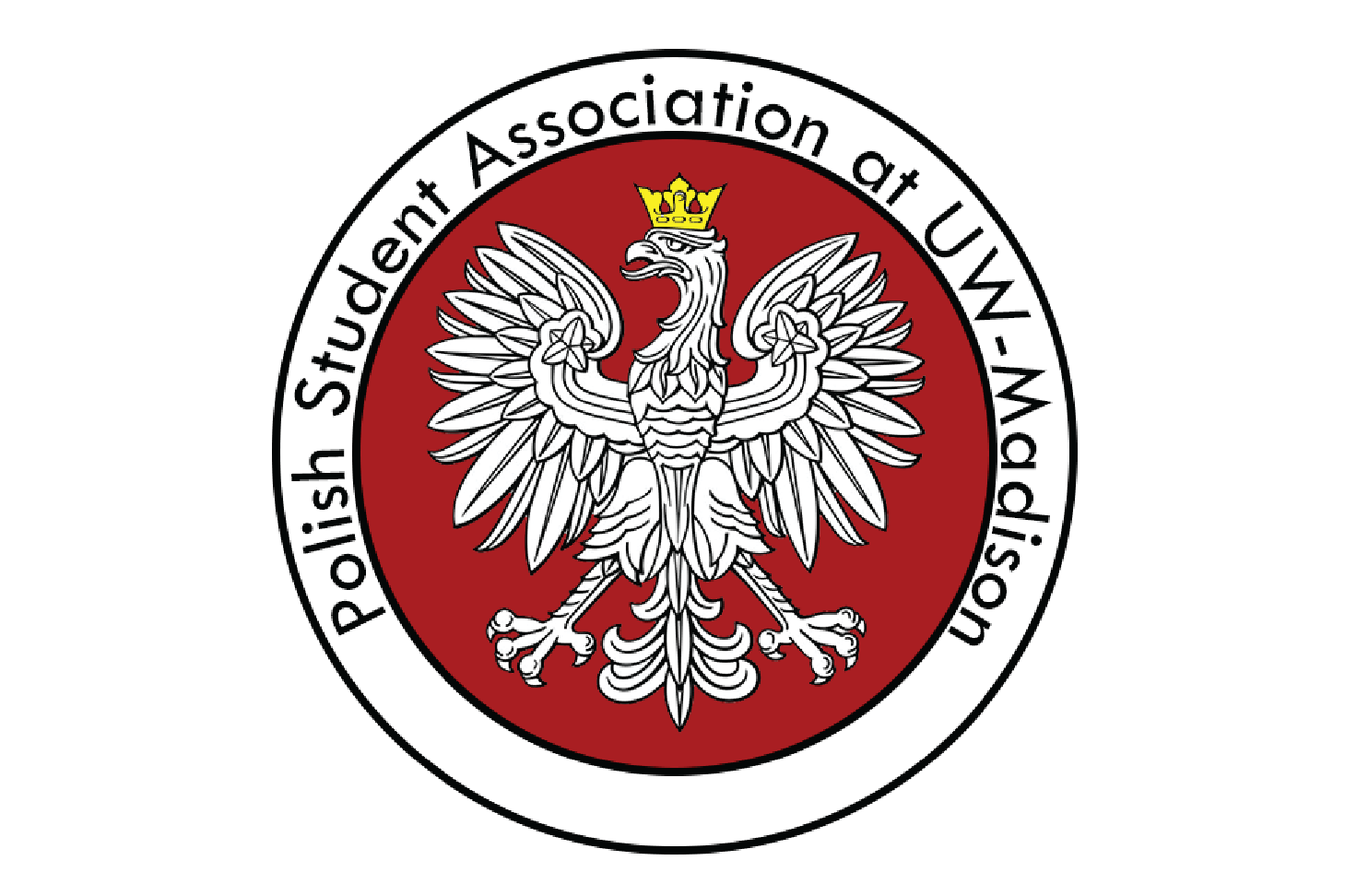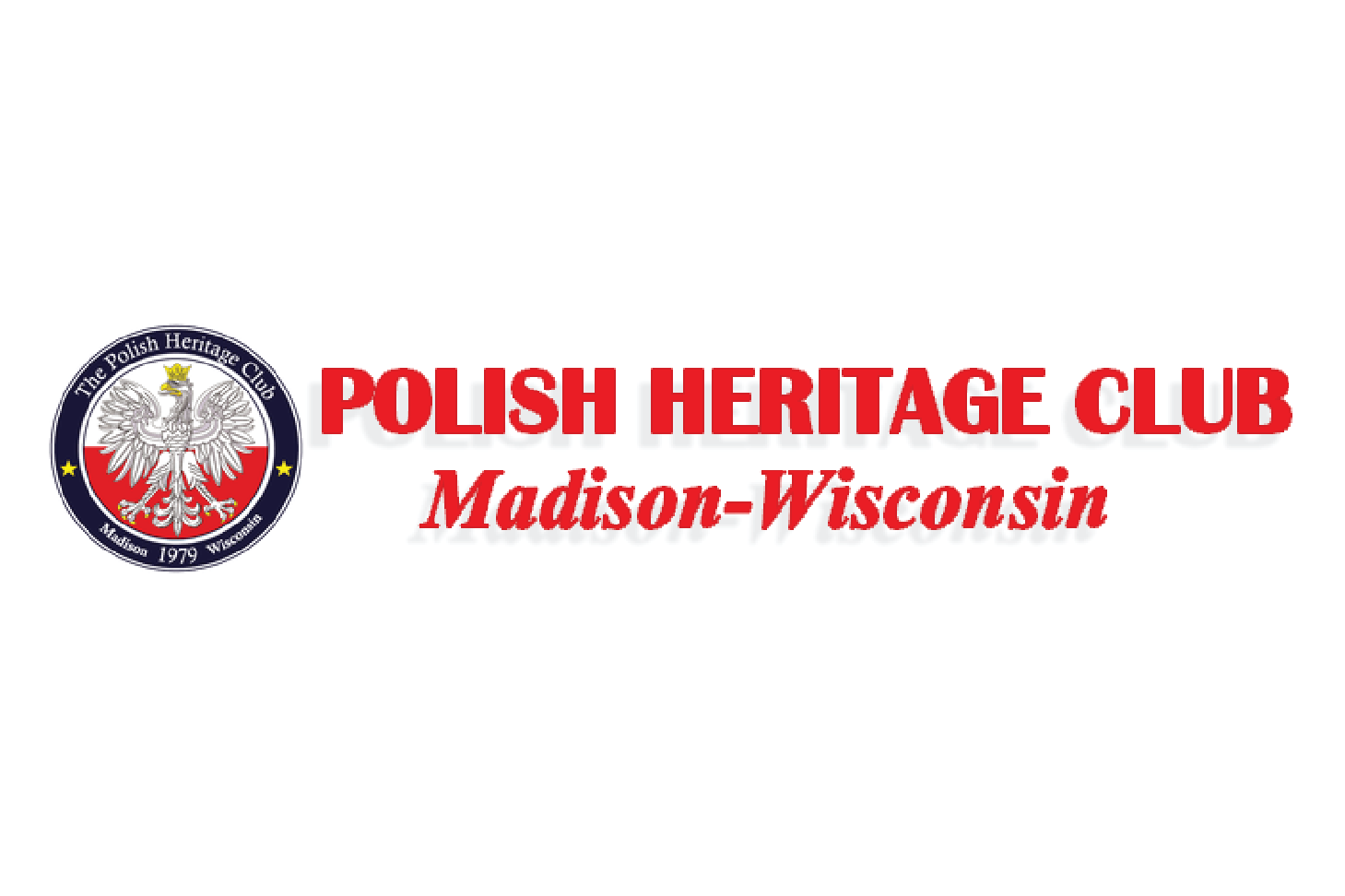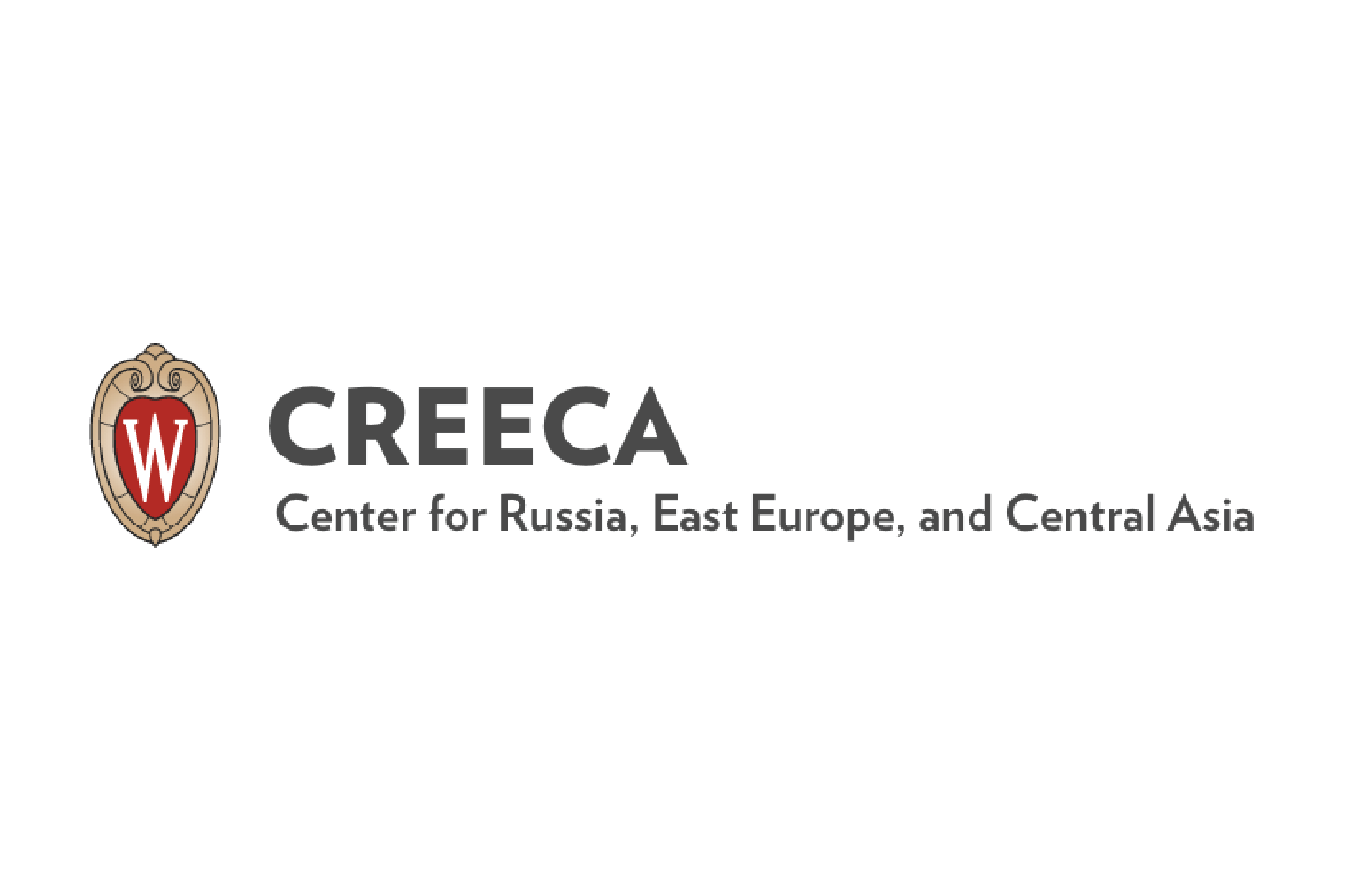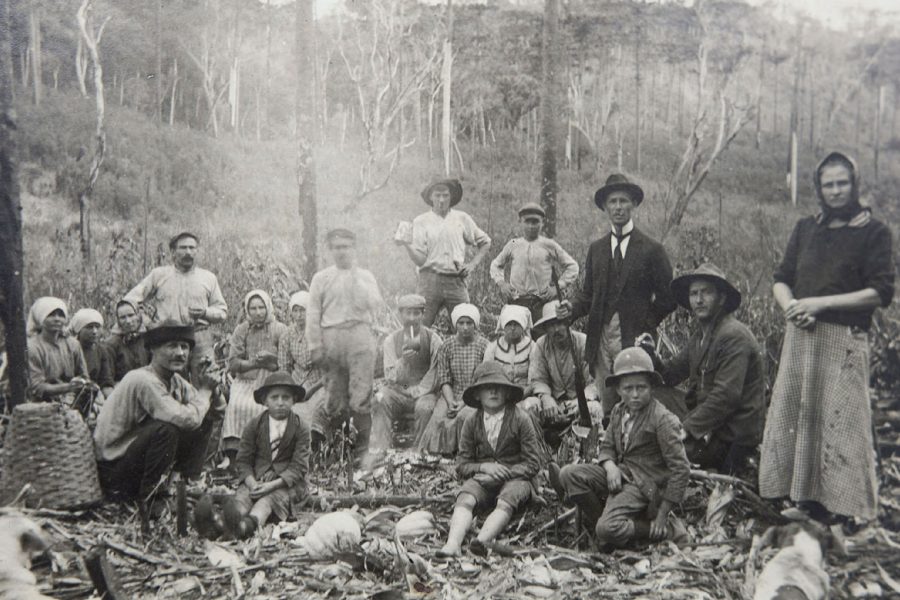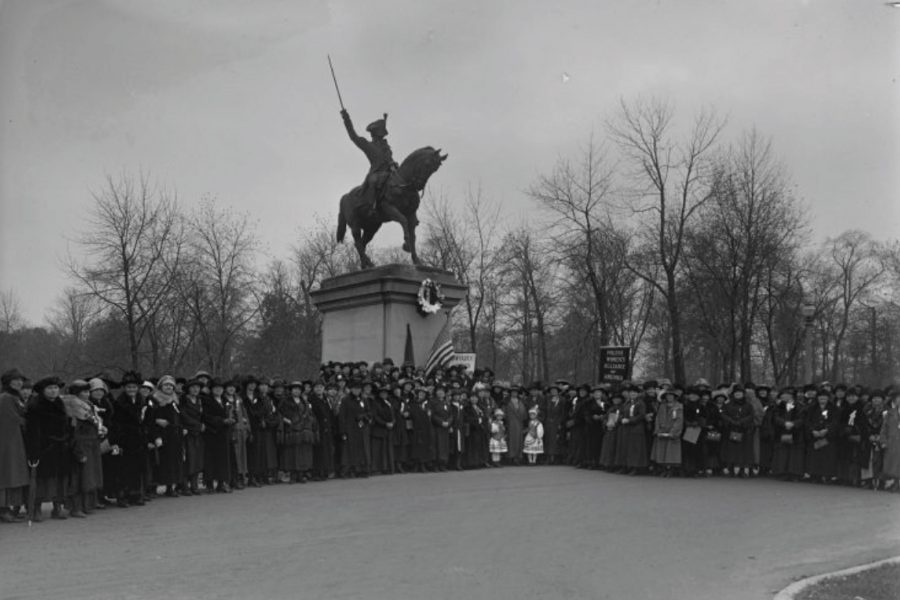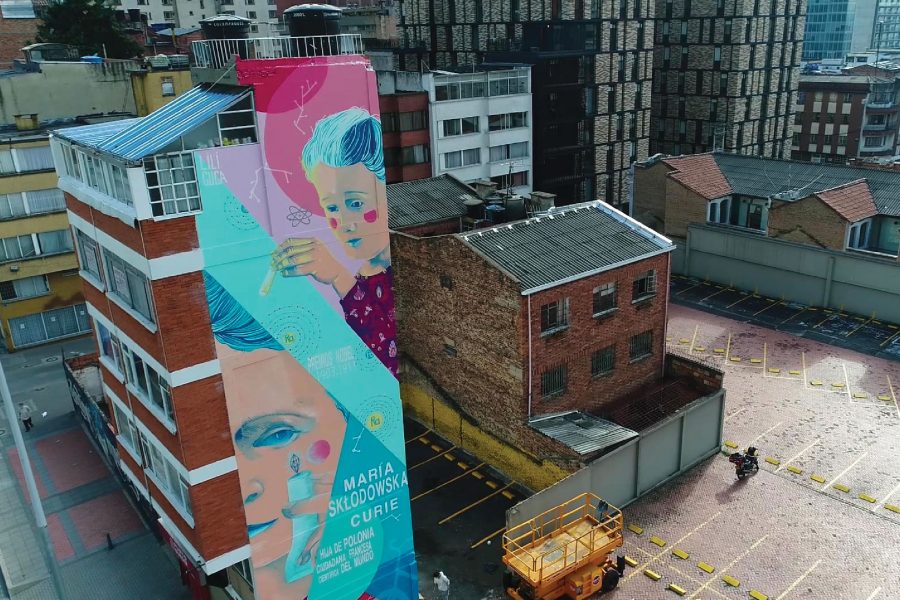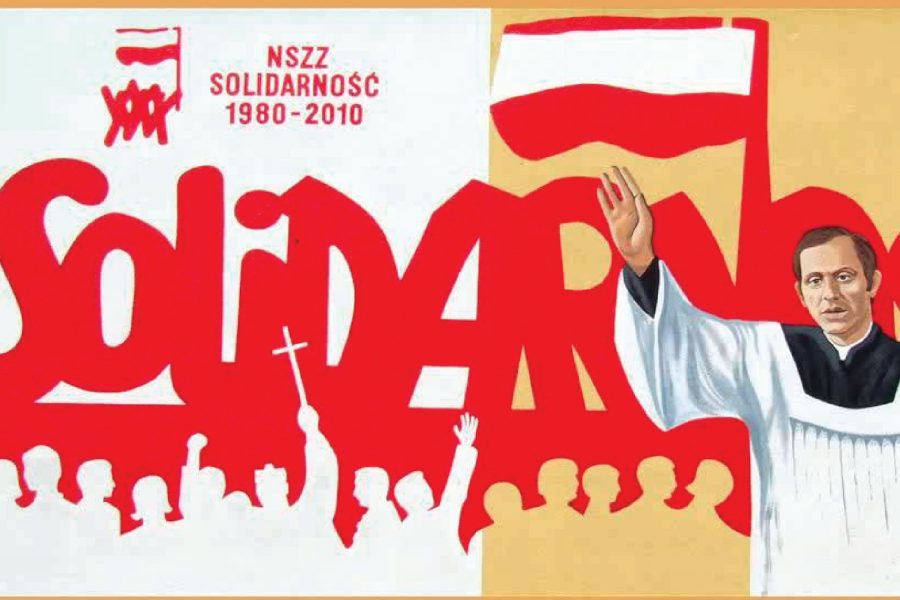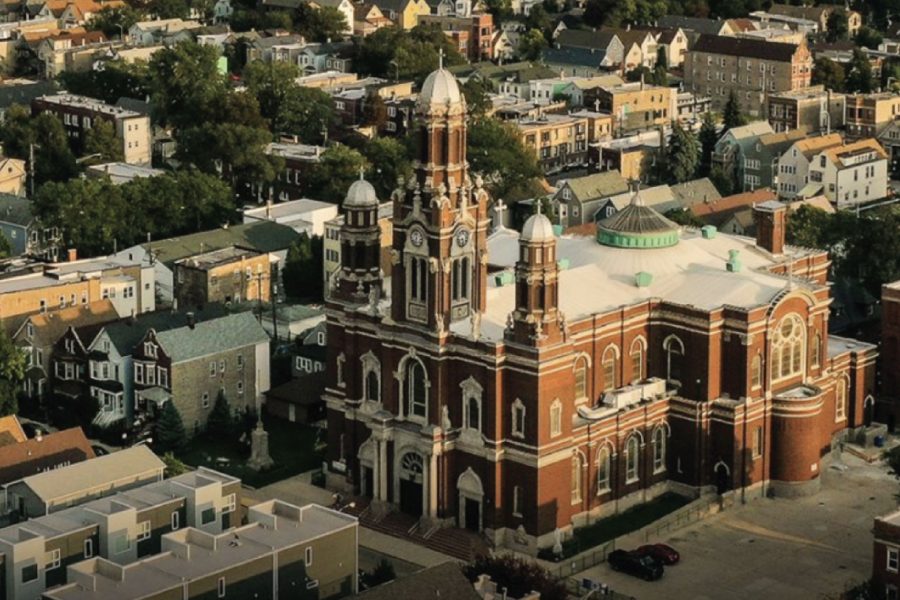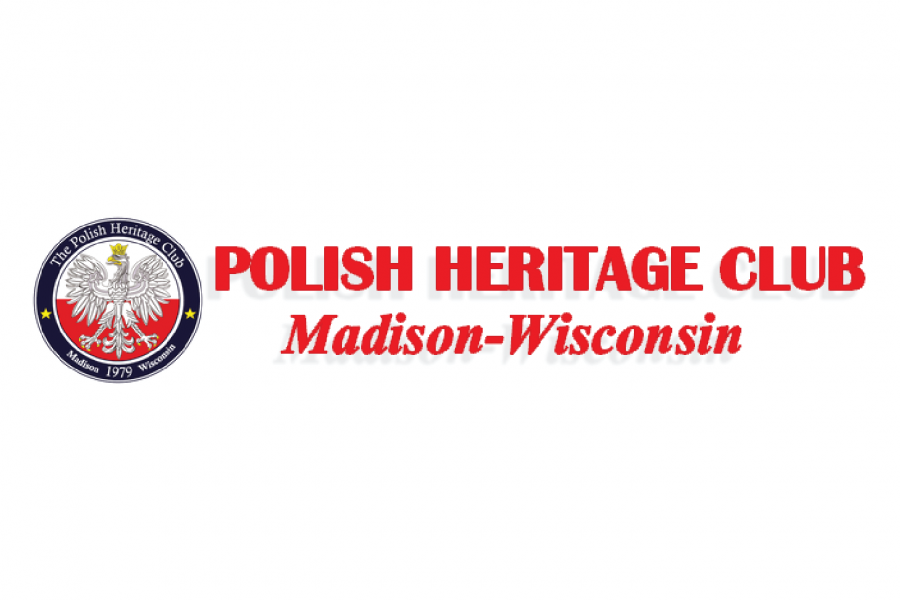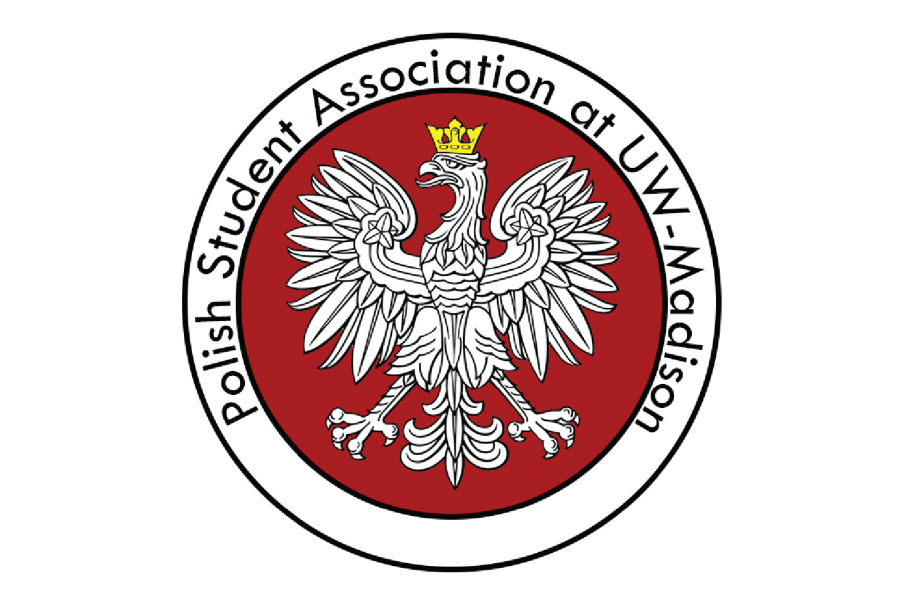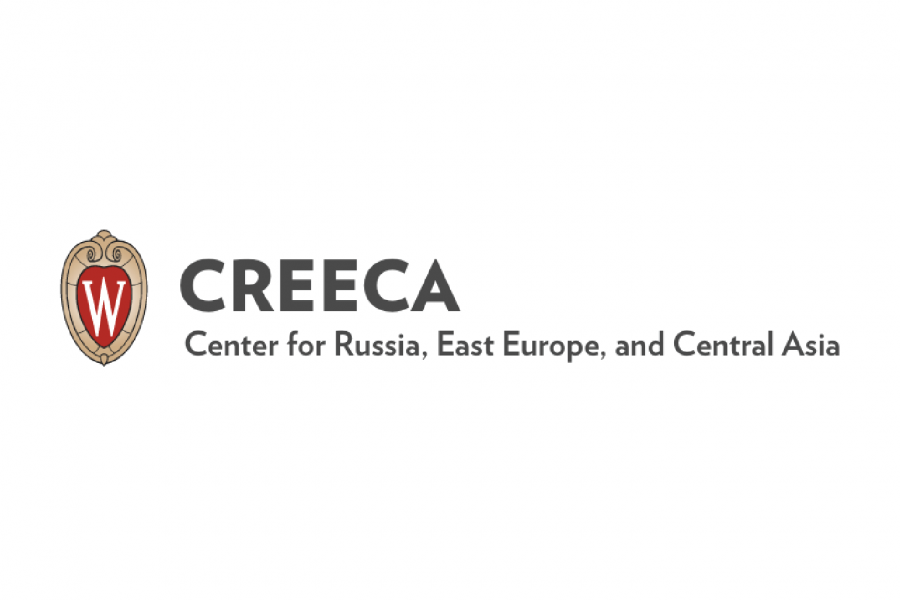Why Study Polish?
Polish is the most commonly spoken Slavic language of the European Union and the second largest Slavic language in the world, with over 50 million users across the globe. Polish culture has a remarkably rich tradition, shaped by a millennium of artistic and intellectual innovation as well as struggles for political, social, and cultural independence. Poland survived the two world wars and half a century of communist rule to emerge as a regional leader in East-Central Europe, the fastest-growing economy in the EU, and home to one of the most vibrant cultural scenes in the world. Polish diaspora counts among the largest in the world with major concentrations in the US, Canada, the UK, Germany, and France.
The Polish major offers courses in the Polish language, literature, culture, politics, and one of the most intricate, fascinating histories in Europe, providing the knowledge and skills for successful careers in business, politics, diplomacy, arts, translation, international law, environmental science, journalism, national security, tourism, and cultural services.
Slavic Studies Certificate
Did you know that…
Polish language, literature, film, and culture courses count towards the Slavic Studies Certificate?
Enroll in the Third-Semester Polish (Slavic 207) and Fourth-Semester Polish (Slavic 208) language sequence or higher to fulfill the language requirement. To explore our program’s course offerings in Polish language, Polish literature, Polish film, and Polish culture, start here.
Click here to learn more about the Slavic Studies Certificate, including how to get in, requirements, and learning outcomes.
About Our Program
This is an accordion element with a series of buttons that open and close related content panels.
Historia. History.
-
UW–Madison Polish studies program is the oldest academic program in Polish language, literature, and culture in the United States
-
UW Department of Slavic Languages and Literature (now GNS+) was established in 1936 as the Department of Polish thanks to the effort of state legislators and the local Polish American community
-
first Polish language classes held in 1936; first professors included prominent linguists—Jerzy Kuryłowicz and Witold Doroszewski, author of the Polish Language Dictionary (ca. 125,000 entries in 11 volumes)
-
Polish language, literature, and culture courses are offered to this day, making part of the Polish major, one of the four majors offered by the Department of German, Nordic, and Slavic+
2011 Polonicum Award
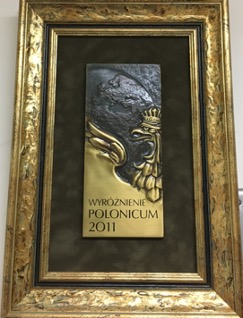 In 2011 the department received the Wyróżnienie Polonicum Award. The Centre for Polish Language and Culture for Foreigners “Polonicum” (University of Warsaw) is awarded for “remarkable achievements in popularizing the Polish language and knowledge of Polish culture and history worldwide.”
In 2011 the department received the Wyróżnienie Polonicum Award. The Centre for Polish Language and Culture for Foreigners “Polonicum” (University of Warsaw) is awarded for “remarkable achievements in popularizing the Polish language and knowledge of Polish culture and history worldwide.”
UW—Madison’s Department of Slavic Languages and Literatures (now GNS+) remains the only academic department in the United States to receive this recognition.
Left: An image of the plaque recognizing the 2011 award.
Kadra. Faculty.
Associated/Emeritus Faculty
Polonistyka. Polish Major.
The Polish major requires study of the Polish language, Polish literature in translation, Polish literature in the original language, as well as culture and area studies.
21 credits overall, including:
- 6 credits in Polish Language
- 6 credits in Polish Literature and Culture
– Polish Literature in Translation: 14th to the Mid-19th Century (Slavic 215)
– Living at the End of Times: Contemporary Polish Literature and Culture (Slavic 361) - 3 credits in Polish Language or Literature and Culture
- 6 credits in Polish Literature and Culture Area Studies
– selected from some 20 courses spanning Slavic, History, Political Science, and Folklore, including Slavic 245 Topics in Slavic Literatures courses with Polish content
More information about our BA/BS: gns.wisc.edu/undergraduate_majors
Polish courses also count toward the East Central European Languages, Literatures, and Cultures (ECELLC) Certificate (only 15 credits).
Work underway to create a Slavic Studies certificate.
Zajęcia. Courses.
Polish language
- First-year Polish (Slavic 111 + Slavic 112)
- Second-year Polish (Slavic 207 + Slavic 208)
- Third-year Polish (Slavic 277 + Slavic 278)
- Fourth-year Polish (Slavic 331 + Slavic 332)
- Introduction to Intensive Polish (Slavic 301) – for heritage/native speakers
- Fifth Semester Intensive Polish (Slavic 305) – for graduate students
- Sixth Semester Intensive Polish (Slavic 306) – for graduate students
Polish literature and culture
- Escaping Utopia: Cultures After Communism* (SLAVIC 245) – Spring 2022
- History and Ethics on Film: Polish Cinema (SLAVIC 245)
- Migrant Nation: The Polish American Migration Experience (SLAVIC 245)
- Multicultural Central Europe* (SLAVIC 245) – Spring 2022
- Living at the End of Times: Contemporary Polish Literature & Culture (SLAVIC 361)
- Love and Death at the Heart of Europe: Polish Literature in Translation (SLAVIC 470)
- The Politics of Laughter: Polish Comedy Culture (SLAVIC 245)
- War & Culture: The Polish Experience (SLAVIC 245) – Spring 2022
Stypendia. Fellowships.
Michael and Emily Lapinski Scholarship
- intended specifically for students in the UW–Madison Polish studies program
- both undergraduate and graduate students can apply
- provides tuition for studying Polish language, literature, and culture
- preference for Polish majors (undergraduate) and graduate applicants with a significant Polish component (e.g., dissertation focused on Polish/Poland, second Slavic language, minor)
- annual application deadline is March 1 (or first Monday thereafter)
- awards announced by April 1 annually
- award: $500 to full tuition
- application includes (a) student dossier and (b) two recommendations (at least one from faculty/staff teaching Polish language, literature, or culture)
- student dossier materials include a cover sheet, statement of purpose, transcript(s), and a sample of work in Polish studies
- Questions?
- Contact Joanna Schuth (jschuth@wisc.edu), Lapinski Scholarship Coordinator
Foreign Language and Area Studies (FLAS)
- both undergraduate and graduate students can apply
- contingent on federal funding.
Madison Polish Film Festival
- First edition took place back in 1991
- established 30 years ago by Dr. Ewa Miernowska
- one of the oldest film festivals co-organized by UW–Madison students
- annual, free event, usually held over two weekends in mid-to-late November
attended by hundreds of viewers (students, faculty, staff, community members)
-
- screened for free over 120 new Polish films thus far
- hosted Polish film director Filip Bajon in 2010
- co-organized by the Polish Student Association (PSA), in collaboration with the Department of German, Nordic, and Slavic+ (GNS+), UW Center for Russia, East Europe, and Central Asia (CREECA), Wisconsin Union Directorate (WUD) Film Committee, Polish Heritage Club of Madison–Wisconsin (PHC), in close cooperation with the Polish Film Festival in America (Chicago)
Polish Student Association
Polish Student Association (PSA) is an international student organization dedicated to expanding cultural awareness of Poland. Members participate in biweekly general meetings to explore and discuss history, geography, traditions, pop culture, and current events relating to Poland.
- student-led and student-organized activities including trips to Milwaukee and Chicago, ice skating socials, sports games, trivia, social dinners, etc.
- usually meets on a biweekly basis to discuss and explore Polish history, culture, traditions, geography, pop culture, and current events
- Polish language table meetings on rotating weeks
- open to everyone, no language/origin requirement
Email: psa.madison.wi@gmail.com
Instagram: instagram.com/psa_uwmadison
Facebook: facebook.com/psa.uwmadison
Twitter: twitter.com/@psa_uwmadison
Zasoby. Resources
- As the home for the nation’s oldest academic Polish studies program, UW–Madison boasts ample academic resources to help our students succeed in their study of Polish language, literature, and culture
- UW–Madison libraries Polish collection includes ca. 50,000 unique items (books, journals, visual materials, music), 78% of which is in Polish
- Access to major Polish newspapers and magazines through UW Libraries (Gazeta Wyborcza, Rzeczpospolita, Polityka, Newsweek Polska, Przekrój)
- Polish film collection includes 120+ Polish films in digital format (and counting!), incl. recent additions to the Madison Polish Film Festival
Polish Studies Brochure
Download Here
Celebrating Beyond the Horizon: Polish Culture Symposium
Following the 2025 Wisconsin Slavic Conference, the University of Wisconsin–Madison campus hosted another major Slavic event: a symposium on Polish literature and culture under the theme Beyond the Horizon. The symposium brought together Polish cultural …
Polish Program Students Win Polanki College Achievement Awards
The UW–Madison Polish Program is pleased to announce that three students in our Polish language program: Sydney Kurszewski, Gavrielle Lent, and Ryan Rowe were awarded the 2025 Polanki College Achievement Awards. Congratulations and gratulacje! Polanki’s College …
Announcing 2025-2026 Polish Language, Literature, and Culture Awards
The UW–Madison Polish Program is pleased to announce the winners of the Lapinski and Gąsiorowska awards for the academic year 2025-2026. Among the awardees are undergraduate and graduate students who will receive financial support for …
UW–Madison Polish Faculty Elected to NAATPl Board
Two members of our Polish Studies program, Krzysztof Borowski and Łukasz Wodzyński, were recently elected to serve on the Executive Board of the North American Association of Teachers of Polish. The election results were announced …
- More NewsPolish posts
Digital Storytelling: The Polish-American Experience
Over the past semester students in our Polish-American Experience course have created digital storytelling projects that highlight Polish migration to the Americas. Check out several of these projects below to learn more about the long rich history of Polish migration in both United States and the Americas as well as the meaningful work you can take part in as Polish major at UW.
Multicultural Central Europe
In Spring 2022, during the Multicultural Central Europe course, Krzysztof Borowski had his students complete a collaborative mapping project. For the project, each group selected, researched, and presented (both digitally and in class) a diverse place or community on the map of Poland and Central Europe. These projects are now made available to the general Wisconsin public and beyond. Check out several of them below to learn more about the region's rich and diverse heritage throughout the centuries. The projects also showcase some of the meaningful digital project work you can undertake in Polish culture courses at UW-Madison.
Lapinski Scholarship Opportunity
This scholarship is available to undergraduate students currently enrolled at UW-Madison who will be continuing in UW-Madison in the next academic year or for graduate students entering into UW-Madison or continuing in a UW-Madison graduate program. The Lapinski Scholarship provides money for UW-Madison tuition for students studying Polish language, literature and culture. The annual deadline is on or around March 1. For additional information on this scholarship, please visit our Lapinski Scholarship Application Information page.
For more information on the Polish Language and Culture Program, please contact Professor Ewa Miernowska.

Alumni Stories
Hear from some of our alumni and students on why you should study Polish at UW Madison!

